Flooring Buyer’s Guide
Laboratory flooring must meet stringent requirements to ensure safety, durability, and ease of maintenance in a challenging environment. Materials like epoxy resin, vinyl, or chemical-resistant tiles are preferred for their ability to withstand chemical spills, heavy equipment, and frequent cleaning. Anti-slip properties are crucial to prevent accidents, while seamless designs minimize contamination risks. Flooring should also be resistant to abrasion and microbial growth, adhering to regulatory standards for hygiene and safety. Vibration control is also a concern for many labs.
Advertisement
5 Questions to Ask When Purchasing Flooring
What types of chemicals will the flooring need to withstand, and what level of chemical resistance is recommended?
Are there specific regulatory standards or guidelines that the flooring must meet for our laboratory environment?
How important are anti-slip properties and vibration control in our lab setting, and what options are available to ensure safety?
How does the flooring material handle heavy equipment or frequent foot traffic typical in our lab?
What maintenance and cleaning requirements are associated with each flooring option, and how do they impact long-term durability and cleanliness?
Tips for Purchasing Flooring
Consider refurbished or gently used flooring materials from reputable suppliers. Opt for durable options like vinyl or sealed concrete, which offer cost-effective alternatives to more expensive materials. Proper maintenance and proactive repairs can also extend the lifespan of existing flooring, reducing long-term replacement costs.
Leading Flooring Vendors to Consider
Understanding the specific requirements of your laboratory—such as chemical resistance, durability, anti-slip properties, and ease of maintenance—is crucial when selecting appropriate flooring materials like epoxy resin, vinyl, or chemical-resistant tiles.

SelecTech
33 Wales Avenue, Suite F, Avon, MA, United States
SelecTech is a leader in innovative flooring solutions, specializing in interlocking, adhesive-free tiles for laboratories, cleanrooms, and industrial environments. Their FreeStyle BioLock™ and FreeStyle ESD™ flooring products are engineered to be durable, easy to install, and environmentally friendly, using a high percentage of recycled materials. With a focus on sustainability and safety, SelecTech's flooring is watertight, slip-resistant, and ideal for areas where chemical spills or high foot traffic are common.
